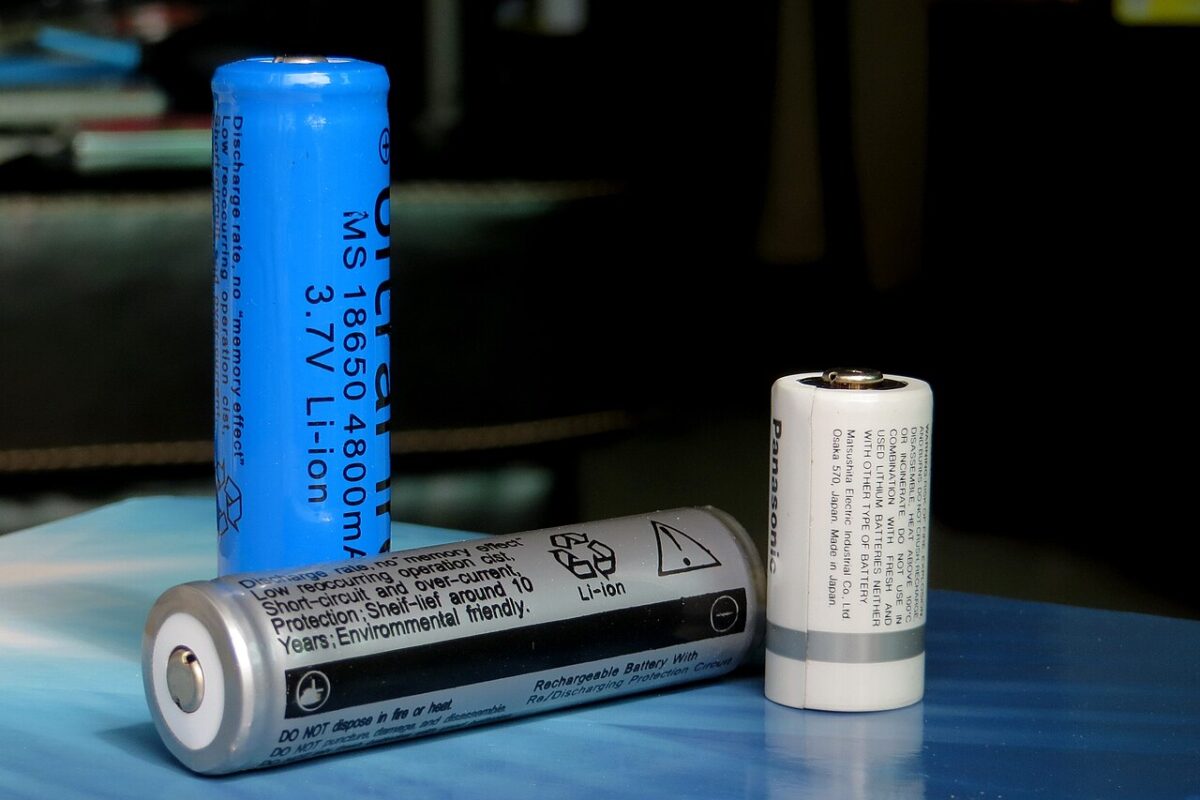Researchers led by the International Institute for Applied Systems Analysis (IIASA) in Austria have suggested the use of regenerative braking to store renewable energy at decommissioned mining sites.
Regenerative braking is an energy recovery mechanism that takes the wasted energy from the process of slowing down a vehicle.
The proposed underground gravity energy storage (UGES) concept consists of lowering sand into an underground mine and lifting this sand to an upper reservoir via electric motors to store energy at moments of low power demand.
“UGES uses regenerative braking to adjust the descent speed of the sand in the mine shaft and generate electricity,” researcher Zakeri Benham told pv magazine. “It has the advantage of making use of existing infrastructure and providing clean, cheap, and long-duration energy storage with no material intensity, on top of being already close to the electricity grid and roads.”
The system consists of a shaft with variable depths and diameters, a motor/generator, upper and lower storage sites, and mining equipment.
“To maximize power capacity, the sand containers in the shaft occupy approximately 50% of the shaft’s volume,” the scientists said. “The other 50% of space is required for filling and emptying the containers with sand.”
The charging mode consists of collecting sand from the lower storage site at the bottom of the mine with excavators and transporting the sand to the shaft with electric trucks or conveyor belts. Energy is stored using cheap or excess electricity from the grid or a large solar PV farm nearby to pull the sand up via the shaft with the motors/generators. After the sand reaches the top of the mine, the sand is stored in sand piles.
This content is protected by copyright and may not be reused. If you want to cooperate with us and would like to reuse some of our content, please contact: editors@pv-magazine.com.




By submitting this form you agree to pv magazine using your data for the purposes of publishing your comment.
Your personal data will only be disclosed or otherwise transmitted to third parties for the purposes of spam filtering or if this is necessary for technical maintenance of the website. Any other transfer to third parties will not take place unless this is justified on the basis of applicable data protection regulations or if pv magazine is legally obliged to do so.
You may revoke this consent at any time with effect for the future, in which case your personal data will be deleted immediately. Otherwise, your data will be deleted if pv magazine has processed your request or the purpose of data storage is fulfilled.
Further information on data privacy can be found in our Data Protection Policy.